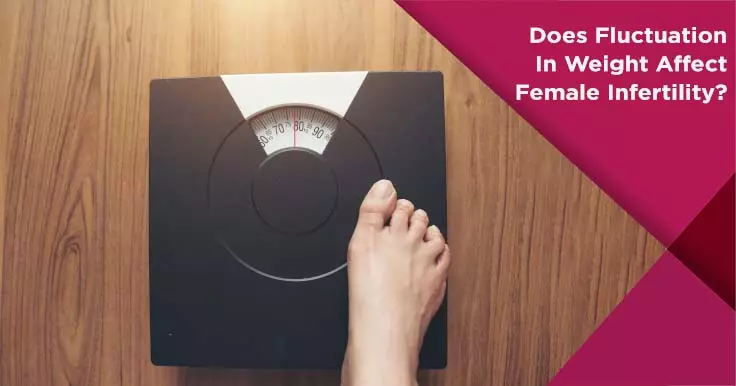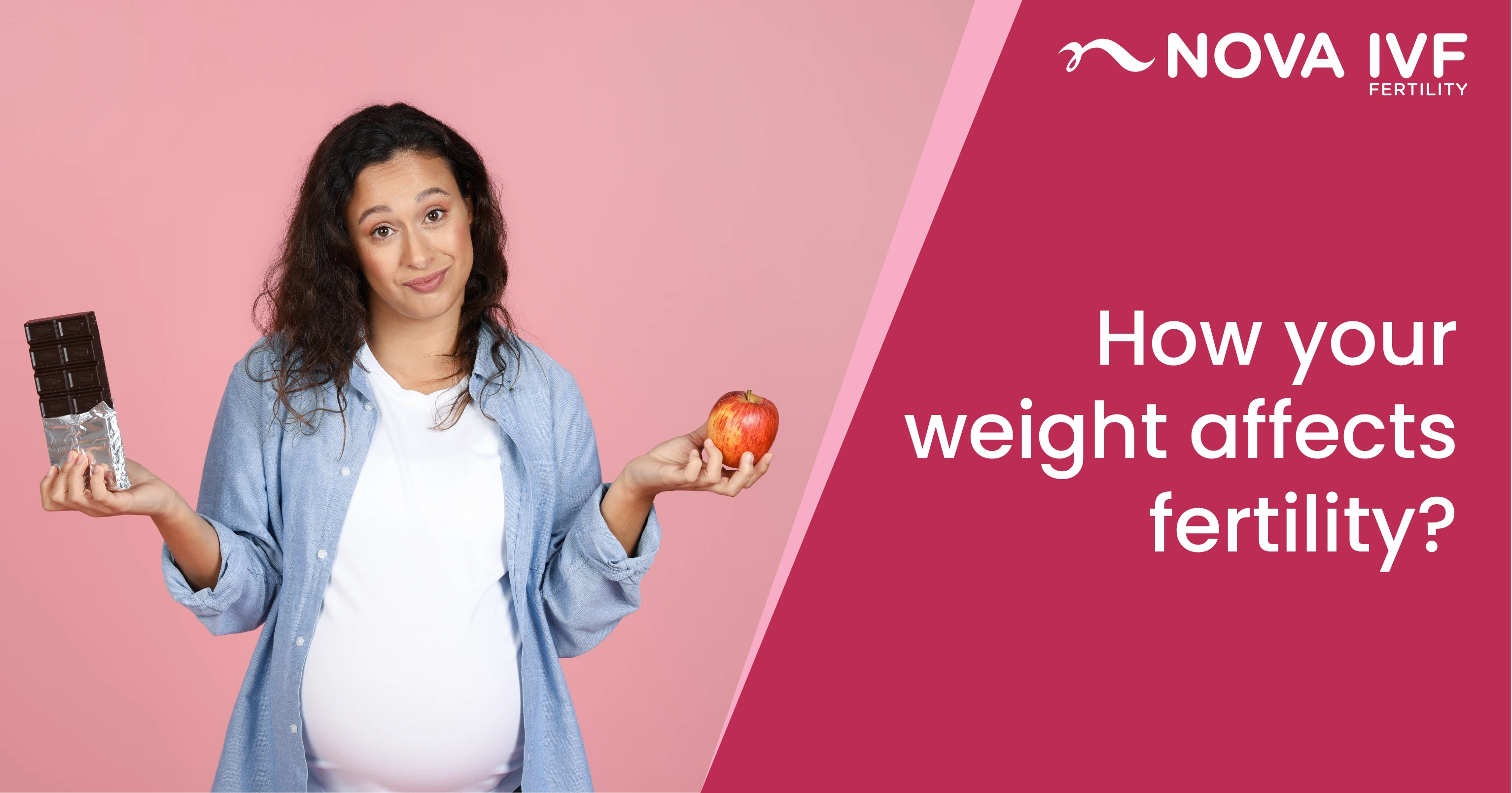How Does Obesity Affect Female Fertility?

The ill effects of being overweight or obese are not restricted to heart disease alone. It can also affect a woman's fertility. Similarly, drastic weight loss can also be a cause for concern for women who are trying to get pregnant.
BMI and Fertility
BMI refers to body mass index. This is calculated keeping in mind a person's weight and height. Ideally, a woman's BMI should be anywhere between 18.5 and 24.9 for her to be able to conceive easily. An individual with a BMI of more than 25 is overweight while one with a BMI of over 30 is obese. Similarly, a person with a BMI of less than 18.5 is considered underweight.
Effect of Being Overweight on Fertility
Being overweight can result in hormonal fluctuations and disrupt the ovulation cycle. This is typically seen in the case of women who are trying to conceive for the first time. Obesity is also often associated with polycystic ovary syndrome (PCOS), a condition that may make it harder for a woman to conceive.
Being overweight or obese also increases the risk of complications in the pregnancy. This includes hypertension, miscarriages, gestational diabetes, pre-eclampsia, blood clotting and infections. Many overweight women cannot have normal deliveries and labour needs to be induced or the woman eventually needs to have a caesarean delivery.
Effect of Being Underweight on Fertility
Being underweight has its own challenges for women planning a pregnancy. These women usually suffer from vitamin and mineral deficiencies which make it difficult for their body to provide nourishment for a growing foetus. Severe weight loss conditions such as anorexia can completely stop the ovulation process. Doctors consider weight imbalance a symptom of female infertility.
The good news is that with a healthy diet and regular exercise regime, your weight can easily be managed and fertility can be improved.
 Infertility Counselling
Infertility Counselling Female Infertility Treatment
Female Infertility Treatment Andrology Treatment
Andrology Treatment Fertility Enhancing Surgeries - Female
Fertility Enhancing Surgeries - Female Fertility Enhancing Surgeries - Male
Fertility Enhancing Surgeries - Male Endoscopy Treatment
Endoscopy Treatment IUI Treatment
IUI Treatment IVF Treatment
IVF Treatment ICSI Treatment
ICSI Treatment Advanced IVF Solutions
Advanced IVF Solutions Embryology
Embryology Vitrification Egg, Embryo, Sperm Freezing
Vitrification Egg, Embryo, Sperm Freezing Preimplantation Genetic Testing (PGT)
Preimplantation Genetic Testing (PGT) Donation Program Embryo / Egg / Sperm
Donation Program Embryo / Egg / Sperm Self Cycle IVF
Self Cycle IVF












